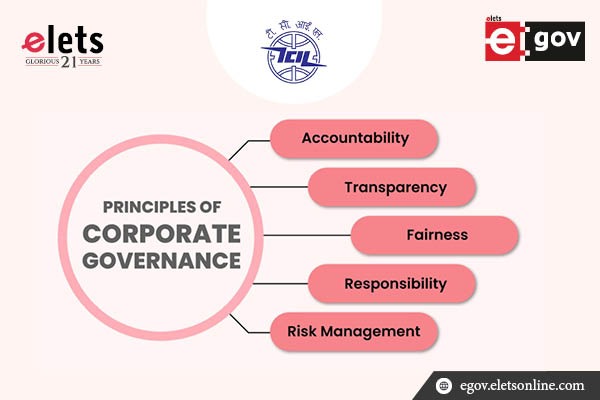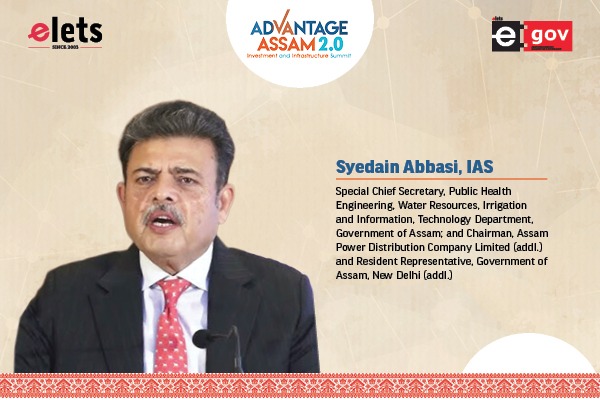
The Telecommunications Consultants India Ltd. (TCIL) has consistently demonstrated its commitment to upholding the highest standards of corporate governance, reinforcing transparency, integrity, and accountability in every aspect of its operations. Through the implementation of robust governance practices and strict adherence to regulatory frameworks, TCIL has earned the trust of its stakeholders, including investors, customers, and regulatory authorities. This dedication has not only safeguarded TCIL’s reputation but has also strengthened its
credibility within the competitive telecommunications marketplace.
Driving Accountability through Technological Integration

A key aspect of TCIL’s governance approach is its focus on transparency and accountability in decision-making. By leveraging advanced technological solutions, such as the introduction of the e-office system and a new Enterprise Resource Planning (ERP) system, TCIL has transformed its internal processes. These tools have empowered the company to implement effective delegation of financial authority, enabling autonomy in decision- making across all levels, down to junior officers. The new system links responsibilities with revenue and profitability targets, promoting a performance-driven culture.

Delegated Governance through a Well- Defined Schedule of Powers

As a project-based organization, TCIL actively competes for business opportunities and engages with a wide array of suppliers, vendors, and system integrators. Managing these large-scale operations across multiple domains requires a well-delegated governance structure, which TCIL has formalized in its Schedule of Powers (SoP). The SoP ensures that all key aspects of the business, from project acquisition to execution, are governed with precision, ensuring timely decision-making and adherence to strategic goals.
Key features of TCIL’s SoP include:

• Delegation Based on Project Size & Margin: Starting from the Joint General Manager (JGM) level, financial and decision-making powers are delegated based on the size and profitability of projects.
• Well-Defined Eligibility Criteria: Clear technical and financial requirements are outlined for projects, ensuring that only qualified personnel make critical decisions.
• Delegation in Key Project Aspects: Powers related to project timeline extensions, levy of liquidated damages (LD), and tender notices are delegated, streamlining operations and avoiding bottlenecks.
• Strategic Partnerships and Purchases: The SoP covers strategic tie-ups, in-house purchases, and procurement through platforms like the Government e-marketplace (GeM), open market, and e-commerce, ensuring diverse and
competitive sourcing options.
• Payments Delegation: Financial authority, including the delegation of payments, extends up to the JGM level, expediting project workflows.
• O&M and AMC Criteria: Net Present Value (NPV)-based criteria govern decision-making for Operations & Maintenance (O&M), Annual Maintenance Contracts (AMC), and Operating Expenditure (OPEX), ensuring cost-effectiveness.
• Field and Foreign Project Empowerment: Special delegations are in place for project directors in the field and abroad, providing them with the autonomy to make timely decisions critical to the success of international projects.
TCIL’s unwavering commitment to corporate governance is central to its operations. Through the integration of technology, delegation of financial powers, and a well- structured governance framework, TCIL has created a culture of transparency and accountability that permeates all levels of the organization.
Views expressed by Team TCIL
Be a part of Elets Collaborative Initiatives. Join Us for Upcoming Events and explore business opportunities. Like us on Facebook , connect with us on LinkedIn and follow us on Twitter, Instagram.
"Exciting news! Elets technomedia is now on WhatsApp Channels Subscribe today by clicking the link and stay updated with the latest insights!" Click here!













